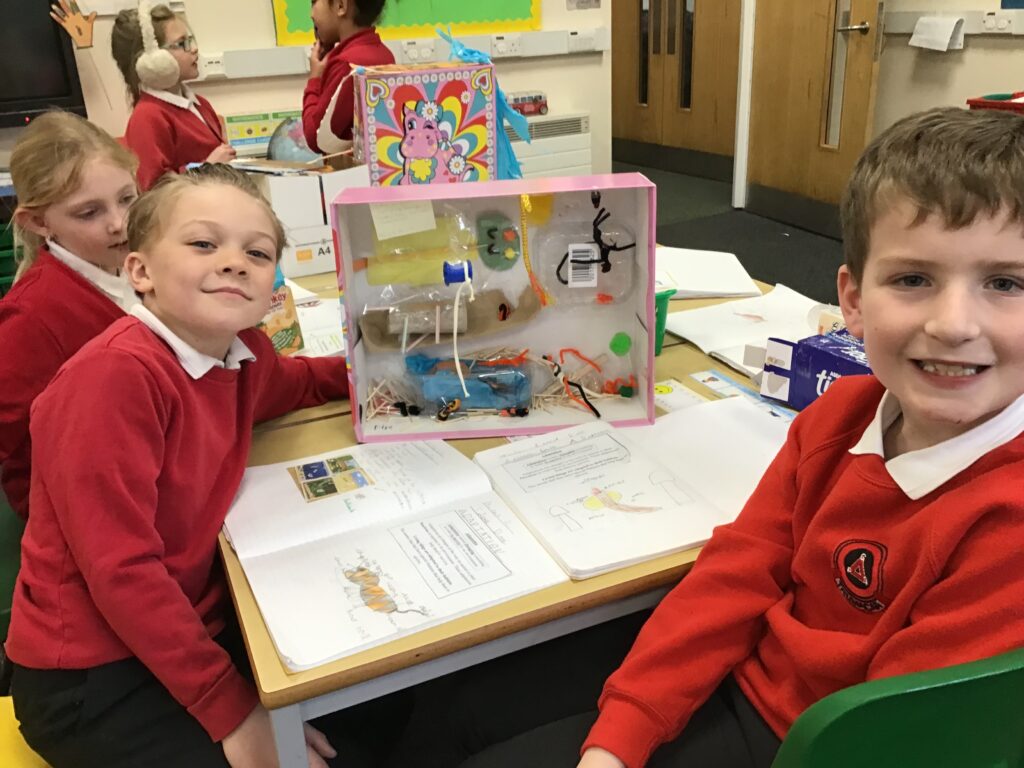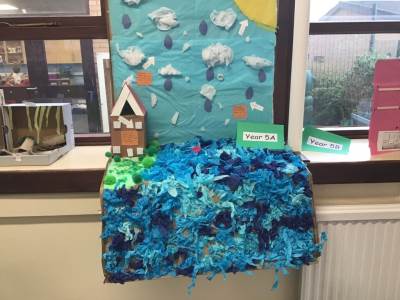Science
Welcome to our page all about Science.
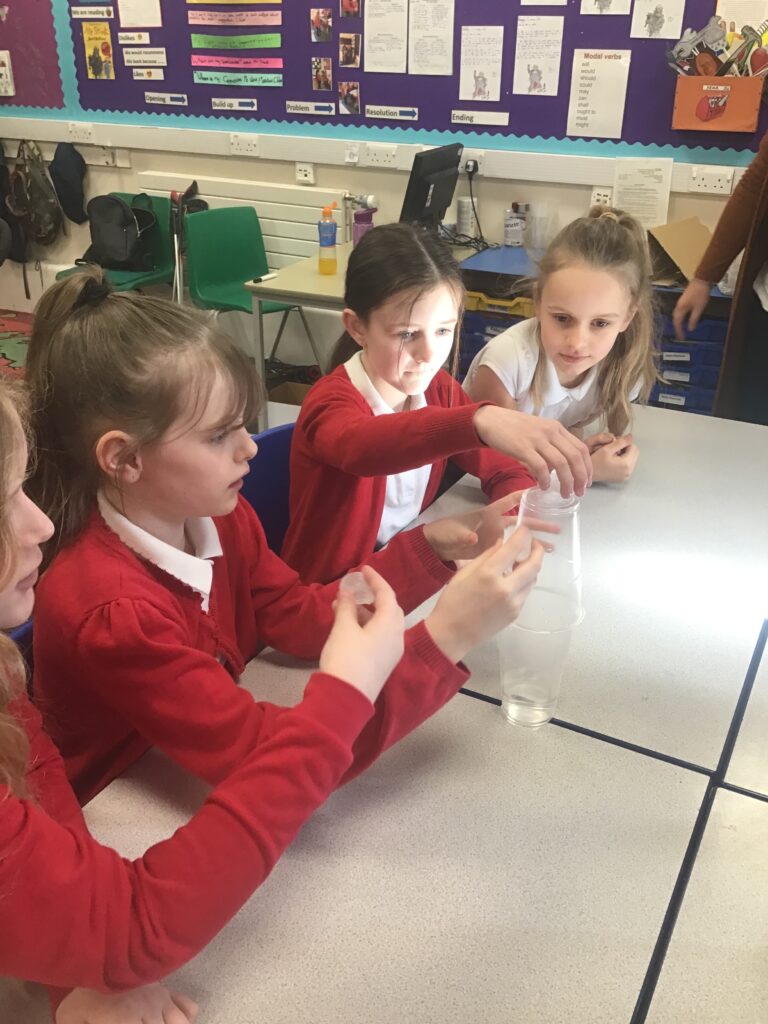

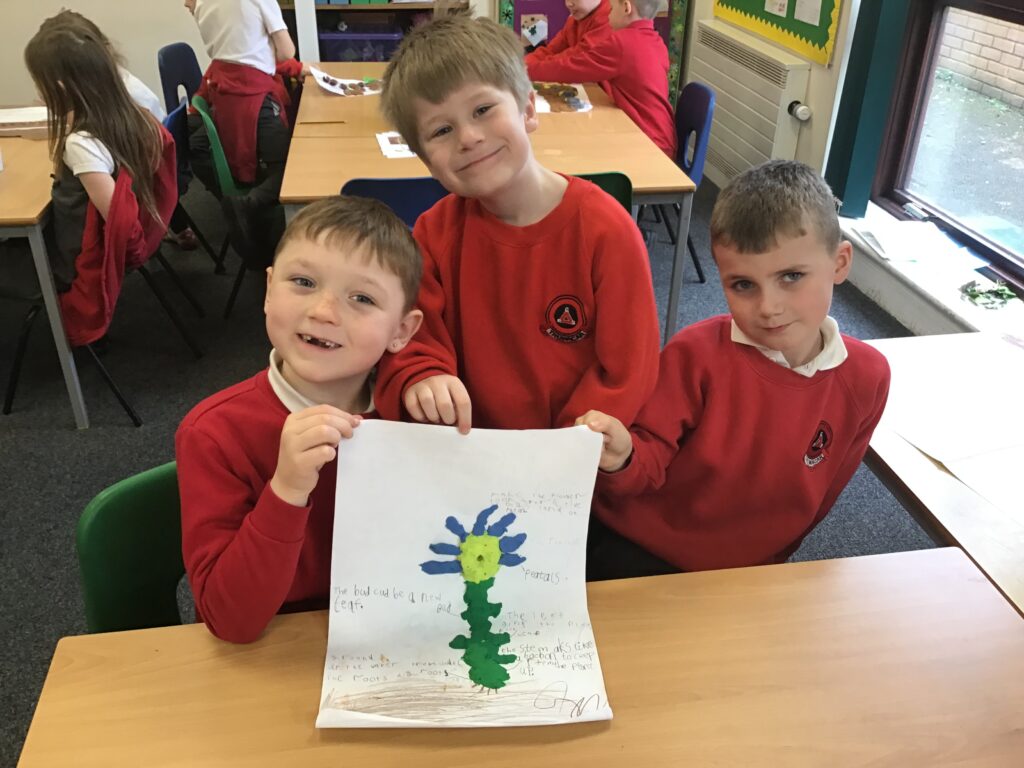
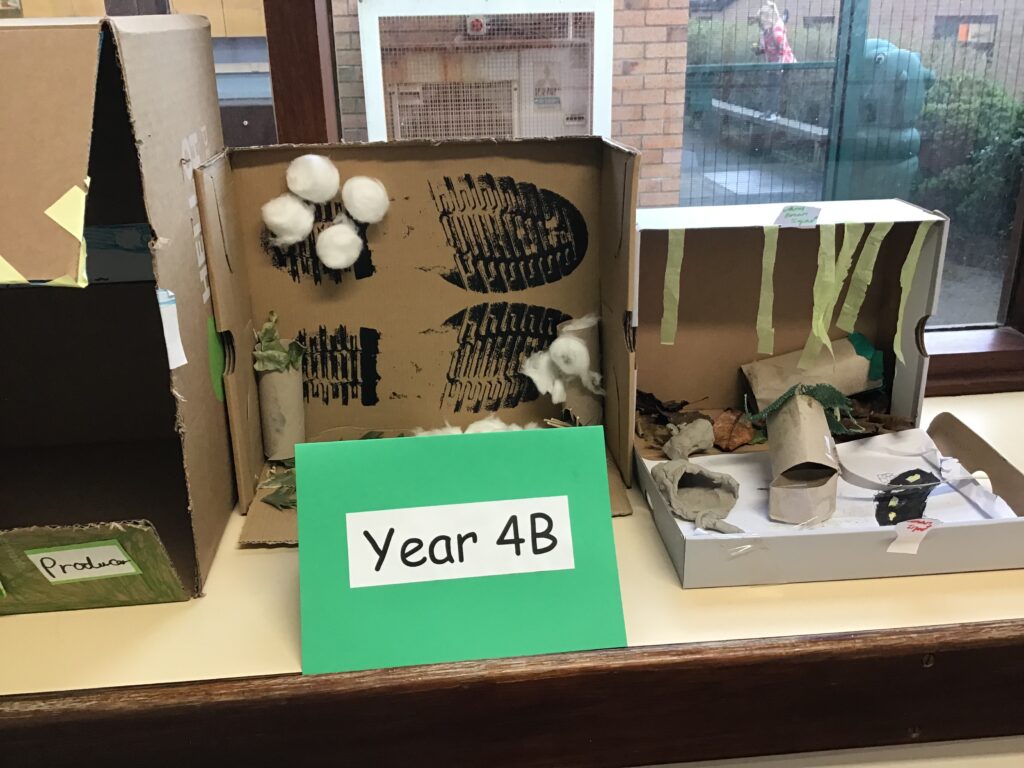
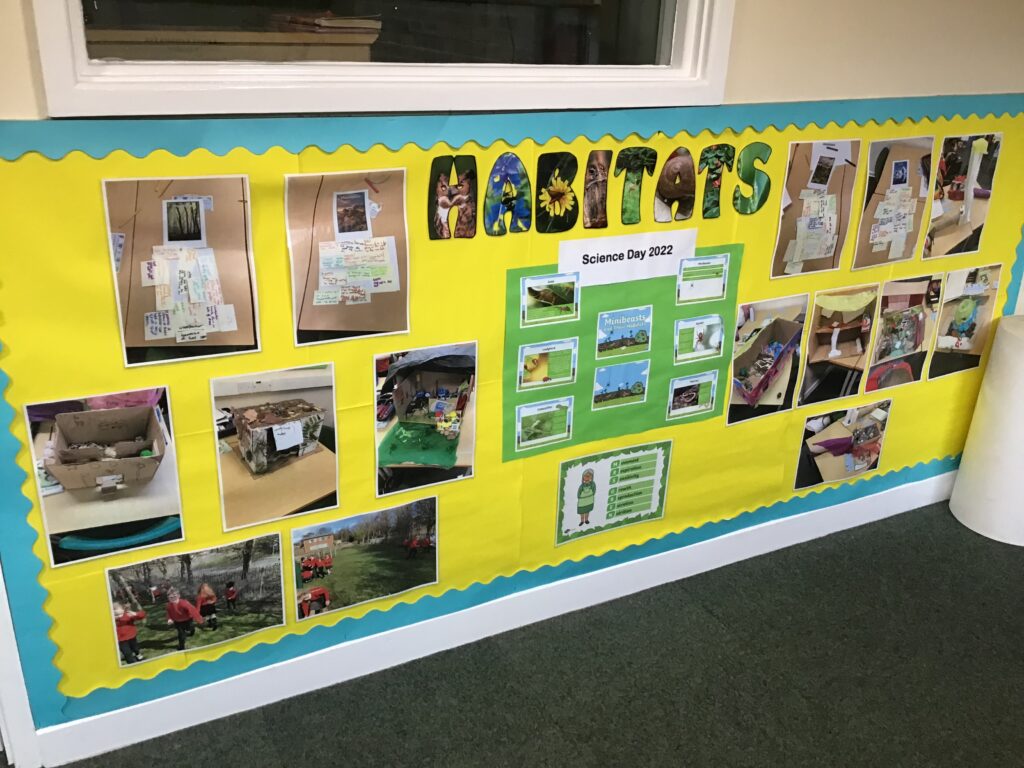
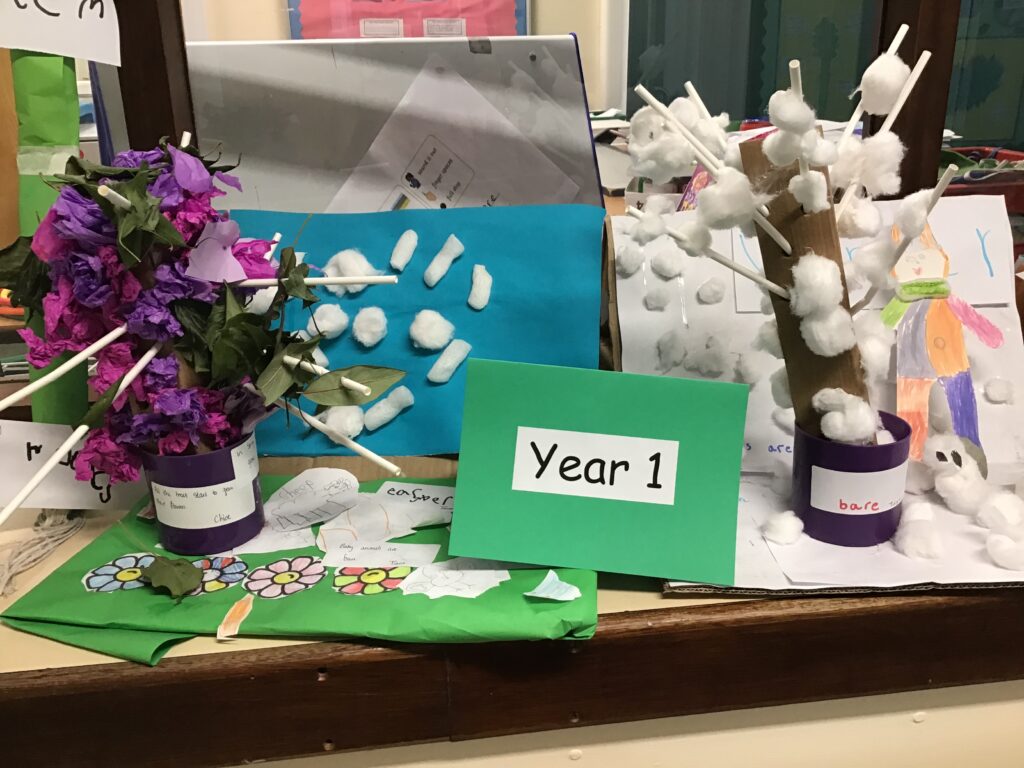



Subject Leader: Rebecca Winn
All policies are available on the Policies page.
Our Vision (Intent):
| This year, I want our pupils to develop their skills in scientific understanding, vocabulary and working scientifically for them to act as real scientists when investigating the world around them and for them to aspire to STEM careers in the future. By the end of Year 2 pupils will have been taught: Experience scientific phenomena through a range of types of scientific enquiry whilst using simple working scientifically skills: observe, sort, and classify; ask questions; measure and record simple data and carry out comparative tests. Use and understand simple scientific language to talk about what they have found out. By the end of Year 4 pupils will have been taught: Broaden their scientific view of the world around them by making decisions about how to test their ideas of scientific phenomena though using a growing range of working scientifically skills, including measure and collect a range of data, notice patterns, draw conclusions. Use and understand some scientific language to discuss and write about their findings. They will also begin to have and awareness of science opportunities beyond the classroom. By the end of Year 6 pupils will have an awareness of and had the experience of: Investigate their ideas about scientific phenomena more systematically; choosing the most appropriate way to investigate their own scientific questions, informed by their more developed working scientifically skills. Use evidence to justify their ideas and conclusions and explain their findings. Communicating through using a more developed lexicon of scientific vocabulary. Have a broader awareness of STEM careers and opportunities around them. |
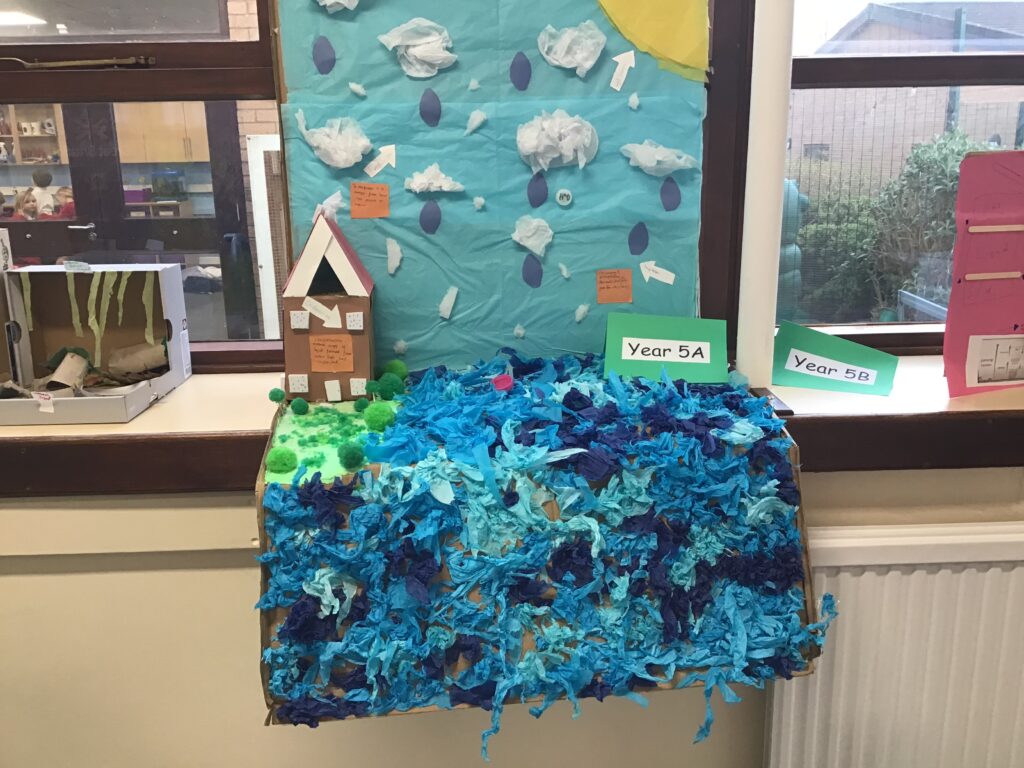
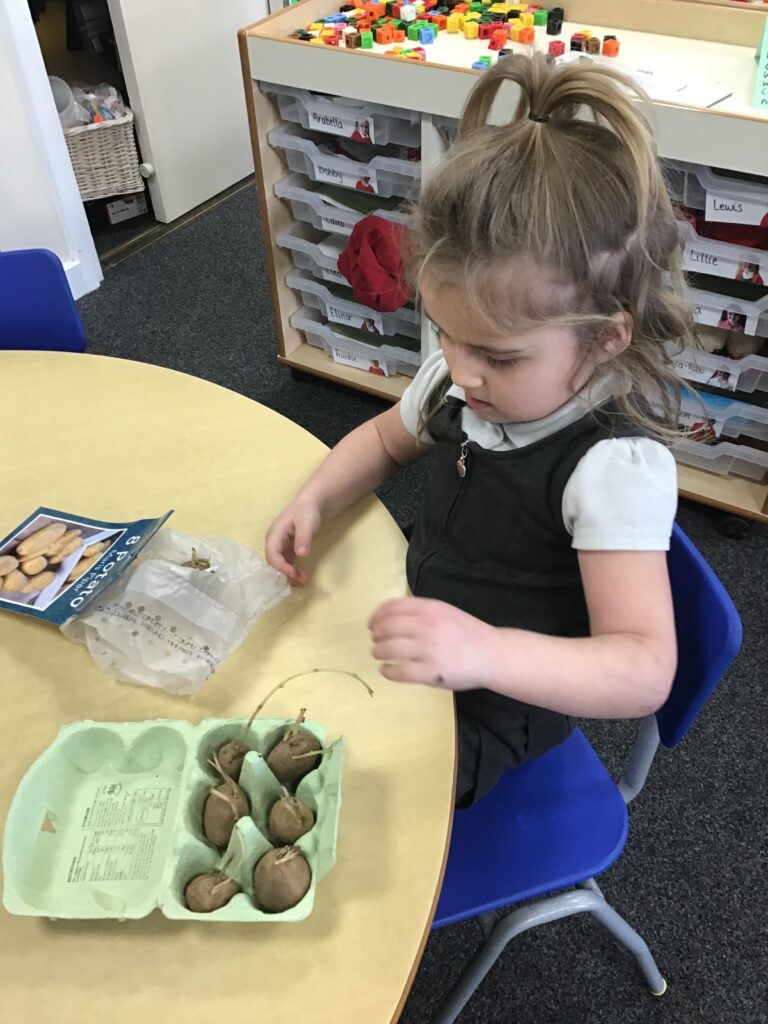

Behind the Vision:
As a new Science subject leader, I am building on the findings and observations of the previous subject leader and looking at recent publications about primary science to guide my vision.
From lesson observations, planning scrutinies and work scrutinies, the previous subject leader identified that the focus on working scientifically skills and the use of TAPs assessment has been implemented successfully across the school. He identified that we now need to embed these skills further into teaching and learning of science across the school and to keep developing our use of the assessment system.
From lesson observations, planning scrutiny and work scrutiny’s, the previous subject leader identified a need to make the teaching and learning of scientific vocabulary and the assessment of this more prominent in our curriculum.
The SN Social Sciences journal recently published a study looking at the impact of 2020 school closures on teaching and learning in Primary science Widening the divide: the impact of school closures on primary science learning. Which stated “The average person working in science in the UK is disproportionately likely to be white, male and from an affluent background (Archer and DeWitt 2017)” and states that this inequality neds to be addressed as “science careers… should not be restricted to privileged sections of society—but also….in order to meet the government’s stated aim of training more scientists in order to boost growth in the SciTech sector 3.”
Moreover, they refer to Archer et al. 2013 ‘Efforts to broaden students’ aspirations, particularly in relation to STEM, need to begin at primary school.’ Stating the school closures have meant “factors combine[d] to create conditions which may exacerbate existing inequalities as to who can access science education and careers.” They explain that pupils with “low science capital are more likely to be from less advantaged families,” Science capital being “concept used to describe the web of influences and support that some people access in order to see pursuing science as a realistic and achievable aim for their future” and that “for young people from backgrounds with little experience of science, school may be their only route via which to ‘level up’ with their high-science-capital peers.” These findings are extremely pertinent to our pupils at Trumacar as many are from a lower low socio-economic background within a community with limited experiences and yet the local power station is a hub of opportunities for possible STEM careers for our pupils. Thus, this year at Trumacar we will aim to build our ‘science capital’ by broadening the pupils’ s experiences of science to make them more aware of STEM careers and opportunities around them.
In order to achieve the vision:
- CPD refresher in assessment using TAPs of working scientifically skills and to implement further opportunities to learn and develop these skills within planning, teaching, and learning.
- Planning, teaching, learning and assessment to show a focus on learning and understanding scientific vocabulary across the school (CPD to implement this).
- Subject leader to create links with those in STEM careers (such as Lancaster university, local high schools, local EDF Power Station) and then to create opportunities for pupils to meet and learn from/with these role models.

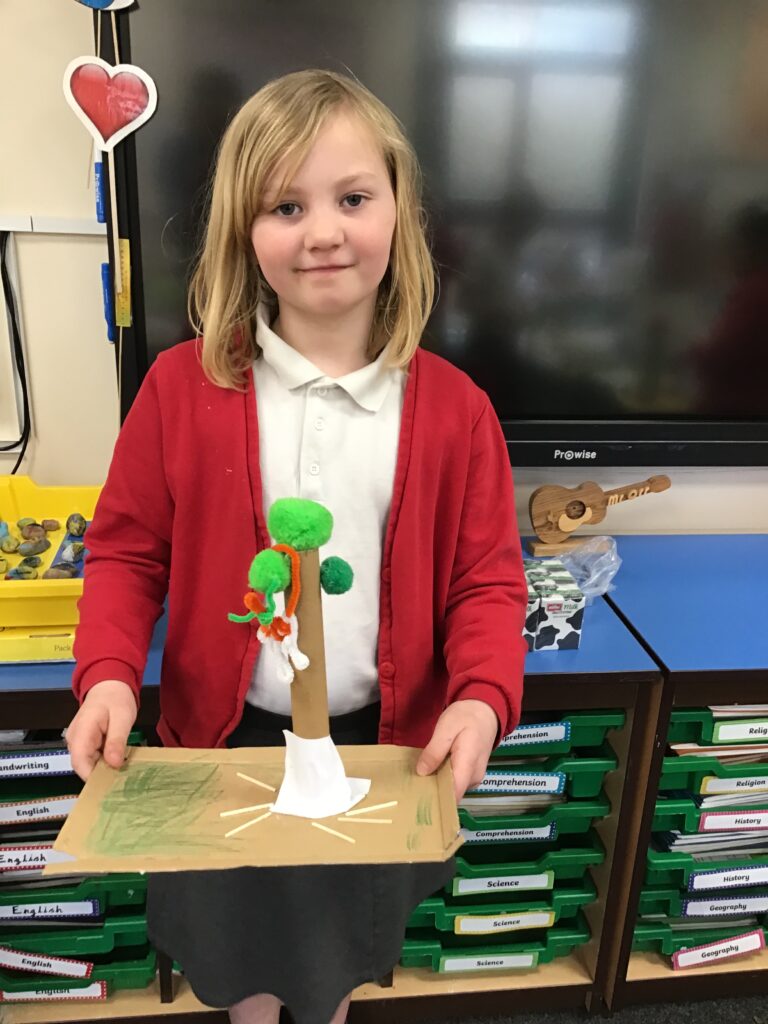
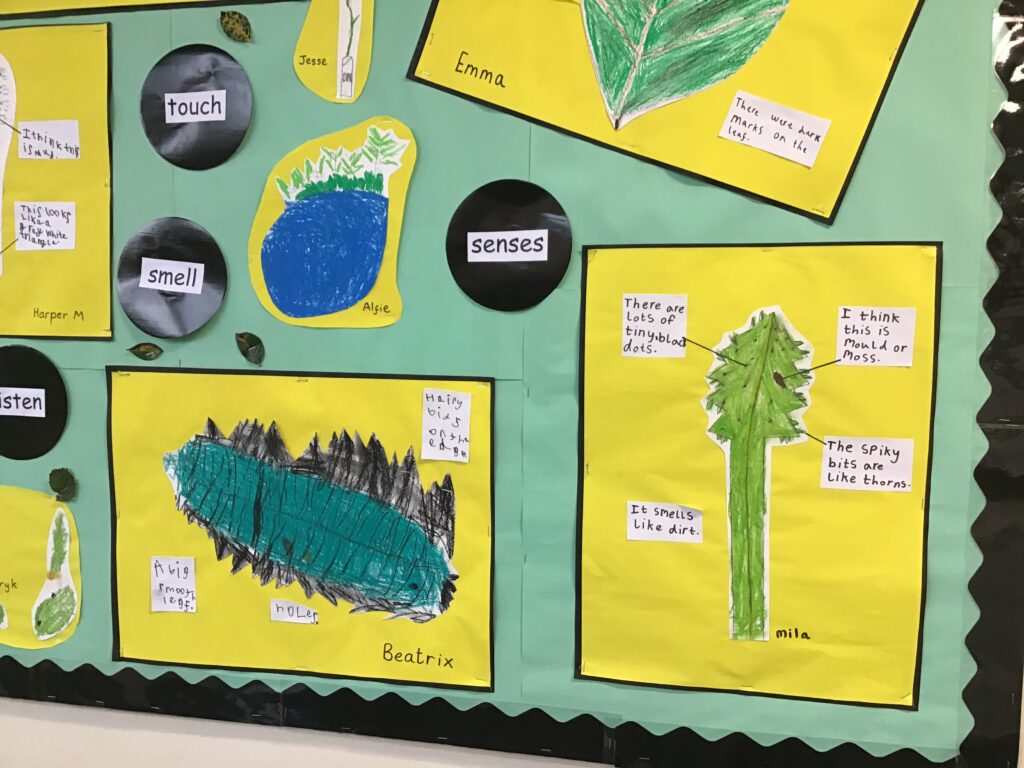
Planning and progression of our curriculum:



